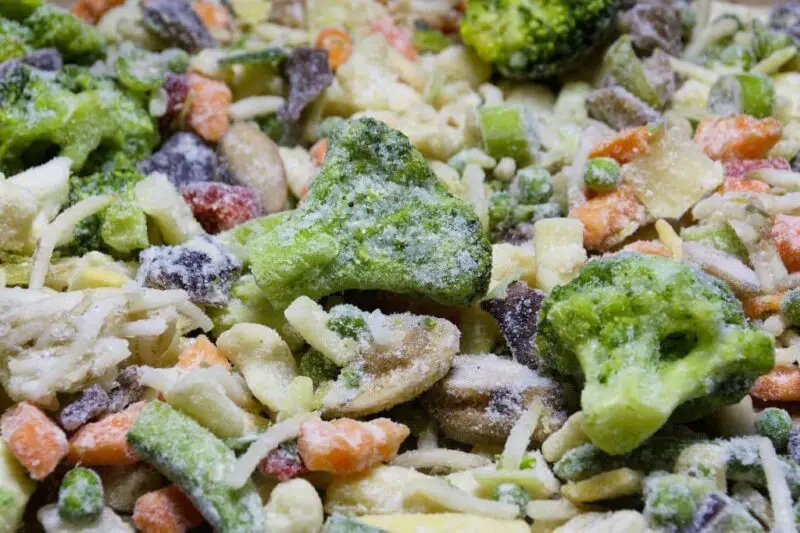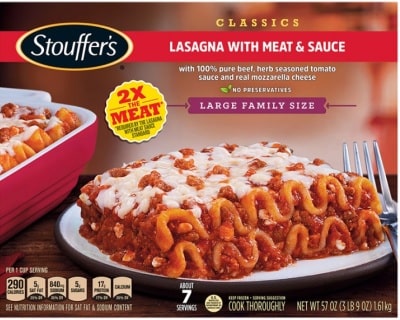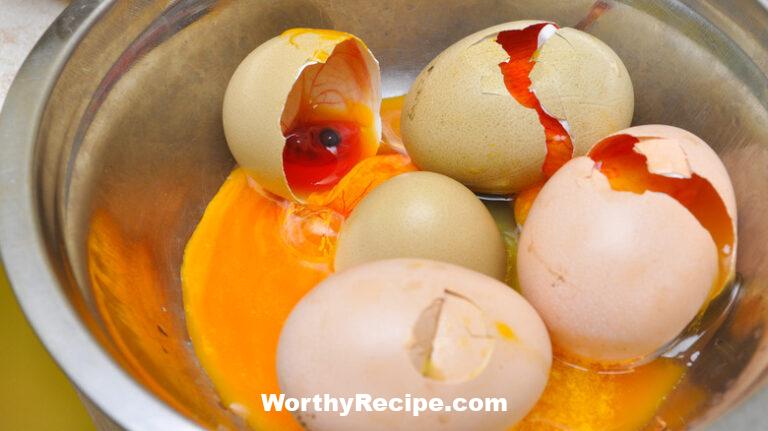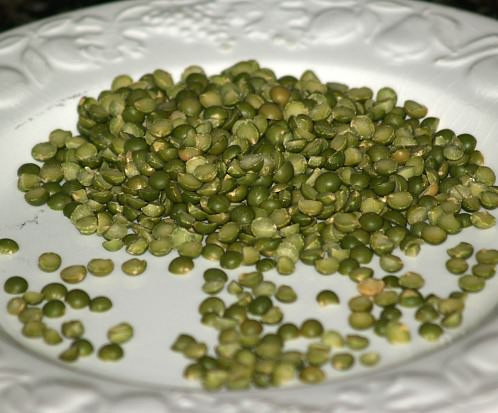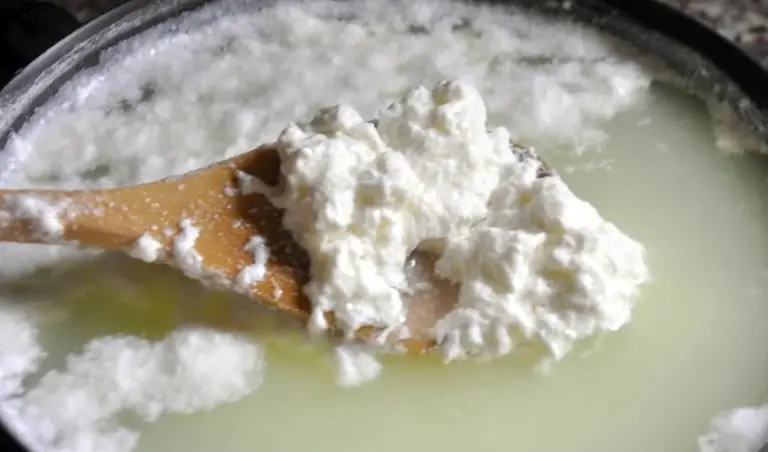Frozen vegetables are a convenient and healthy option for people who want to incorporate more fresh produce into their daily diet. These vegetables provide the same nutritional value as fresh produce, but with a longer shelf life since they have been frozen at peak freshness.
Before cooking frozen vegetables, it is important to consider how long they will last after being prepared. This article will explore the factors that affect the shelf life of cooked frozen vegetables and provide tips on how to store and use them.
Factors Affecting the Shelf Life of Cooked Frozen Vegetables
Several factors can affect how long cooked frozen vegetables last. These include:
Temperature and Storage Conditions
The temperature at which the cooked vegetables are stored is critical in maintaining their freshness. It is recommended that cooked vegetables be stored at or below 32°F (0°C) in an airtight container or freezer bag immediately after cooking.
Type of Vegetable
Some vegetables have a shorter shelf life than others, even when frozen. Generally, cruciferous vegetables like broccoli or kale have a shorter shelf life than root or leafy greens due to their higher water content.
How It Was Prepared
The method used to prepare the vegetable can also affect its lifespan. For instance, blanching helps preserve color and texture while high-heat methods such as roasting may enhance its flavor but shorten its lifespan due to dehydration.
Presence of Preservatives or Added Ingredients
Commercially frozen vegetables generally contain preservatives that prolong their shelf life. However, adding salt, oil, or other ingredients may also increase its lifespan slightly.
The Shelf Life of Cooked Frozen Vegetables
To help you better understand how long your favorite vegetable lasts after cooking, we’ve divided them into categories:
Leafy Greens
Leafy greens such as spinach, kale, and Swiss chard are packed with nutrients and antioxidants that make them a very healthy addition to any meal plan. These vegetables last up to 8 months in the freezer.
Cruciferous Vegetables
Cruciferous vegetables such as broccoli, cauliflower, and Brussels sprouts are high in fiber, vitamins K and C, and have been linked to a reduced risk of cancer. Cooked cruciferous vegetables last for about 6 months when frozen.
Root Vegetables
Root vegetables like carrots, sweet potatoes, and beets provide a host of nutrients such as beta-carotene and fiber. When cooked and then frozen properly they can last up to 12 months.
Other Vegetables
Green beans, peas, and corn are versatile frozen vegetables that can be used in various dishes from soups to stir-fries. They too can last up to 12 months when properly stored in the freezer.
Tips for Storing Cooked Frozen Vegetables
Properly storing your cooked frozen vegetables is key in maintaining their freshness. Below we’ve listed some tips for freezing cooked veggies:
Freezing Cooked Vegetables
- Cool down the cooked vegetables before freezing: Allowing the food to cool down before packing it into a container helps prevent bacteria growth by reducing any heat trapped inside the container.
- Store in airtight containers or freezer bags: Air is one of the biggest culprits that causes oxidation-based decay in food products hence holding back air with an airtight bag or container slows decay dramatically.
- Label with contents and date: This helps you keep track of how long your cooked vegetable has been stored so you can track exactly how long it will remain fresh.
Defrosting Frozen Vegetables
Defrosting is one critical factor that contributes significantly towards ensuring your frozen meal tastes delicious even after being preserved for several months. Here are some tips:
- Allow thawing in the fridge overnight: Slow defrosting prevents ice crystals from damaging the texture of your meal, give the vegetable enough cooling time in the refrigerator.
- Use within 2 days after defrosting: Once thawed, the veggies may only last a few days in the fridge before going bad.
- Cook directly from frozen: Alternatively, you can cook the vegetables directly from frozen and slightly adjust cooking times.
Signs that Your Cooked Frozen Vegetables Have Spoiled
To avoid any health risks, it is important to recognize signs indicating your cooked frozen veggies have gone bad. Below are some indicators that your meal has spoiled:
- Changes in color and texture: Noticeable discoloration or freezer burn are both signs of spoilage.
- Foul odor: Smell before reheating your meals.
- Mold growing on the surface: Observe for mold formation as soon as you remove them out of storage
Conclusion
Frozen vegetables have become a staple in many households today due to their convenience and ability to help consumers follow healthier eating habits adequately. However, proper storage and thawing techniques critically affect how long cooked frozen vegetables will maintain quality and safe to eat.
Follow our tips on storing cooked frozen veggies and what to look for when they go bad so you too can incorporate these nutrient-packed gems into your daily diet routine regularly.
Q&A
- Q: Can I still eat frozen vegetables that have been cooked and stored in the freezer for more than a year? A: Sorry, but it’s best to err on the side of caution when it comes to frozen vegetables. It’s not recommended to consume cooked frozen veggies kept in the freezer beyond 8-10 months.
- Q: How do I know if my cooked frozen vegetables have gone bad? A: If you see signs of freezer burn (such as graying or whitish spots or a dry, tough texture), discoloration, or an off odor, it’s time to toss them out.
- Q: Can I reheat and refreeze cooked frozen vegetables? A: It’s generally safe to reheat your previously cooked veggies and freeze them again once they’ve cooled down to room temperature. But bear in mind that each reheating cycle reduces their quality and nutritional value.
- Q: Are there any strategies for extending the shelf life of my cooked frozen veggies? A: Yes! One tactic is to blanch your fresh veggies briefly before freezing them, which can help preserve their color, texture and flavor longer. When thawing, do so gradually in the refrigerator rather than at room temperature to prevent bacterial growth. Finally, make sure you store your leftover cooked veggies properly in airtight containers or sealed freezer bags with all excess air removed.
